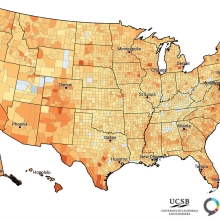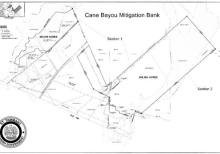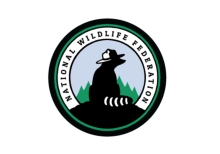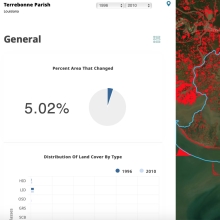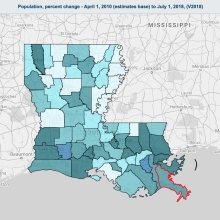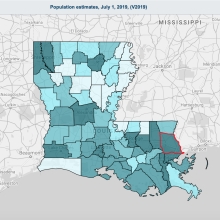Climate Change 101 With Bill Nye |National Geographic
Climate Change is a real and serious issue. In this video Bill Nye, the Science Guy, explains what causes climate change, how it affects our planet, why we need to act promptly to mitigate its effects, and how each of us can contribute to a solution.

